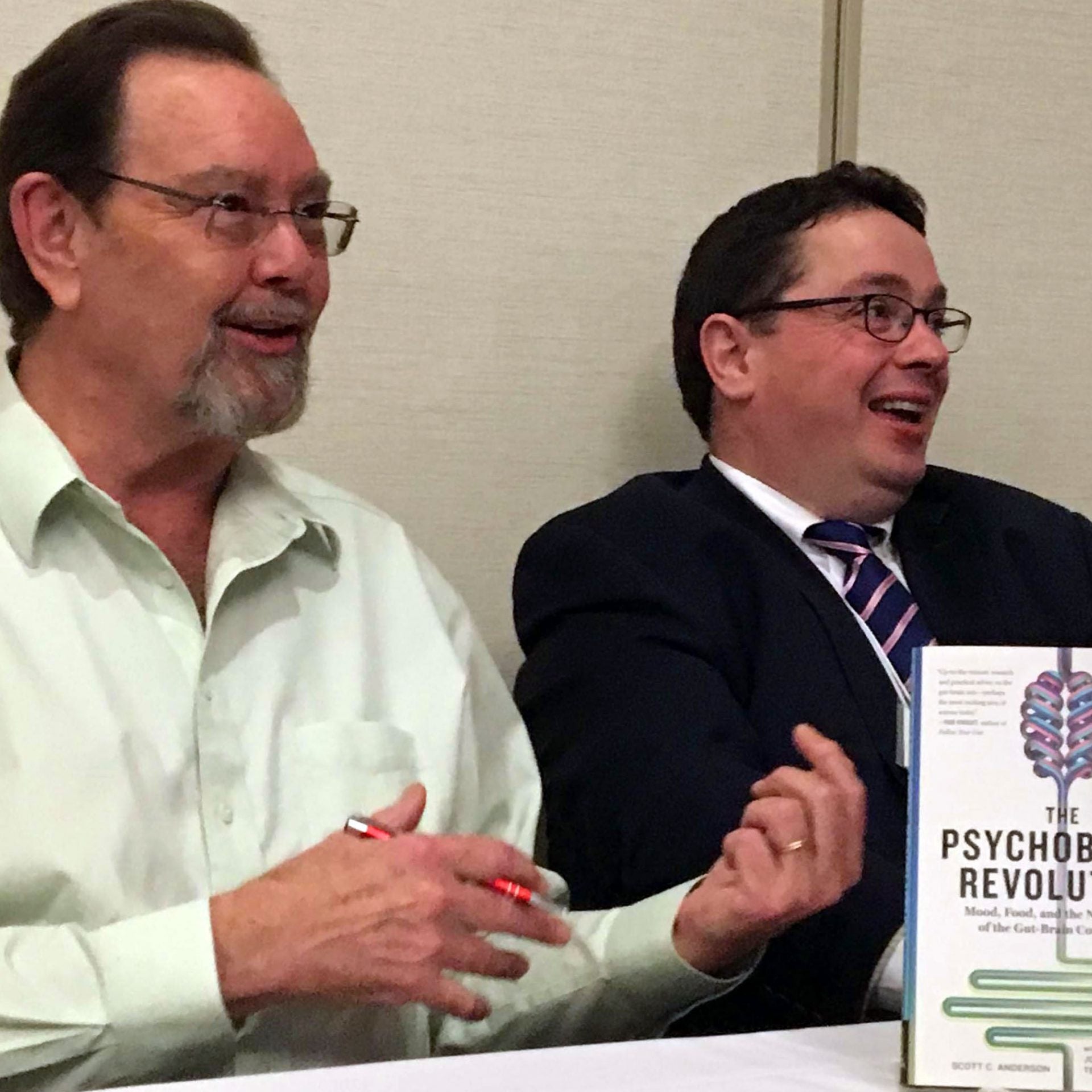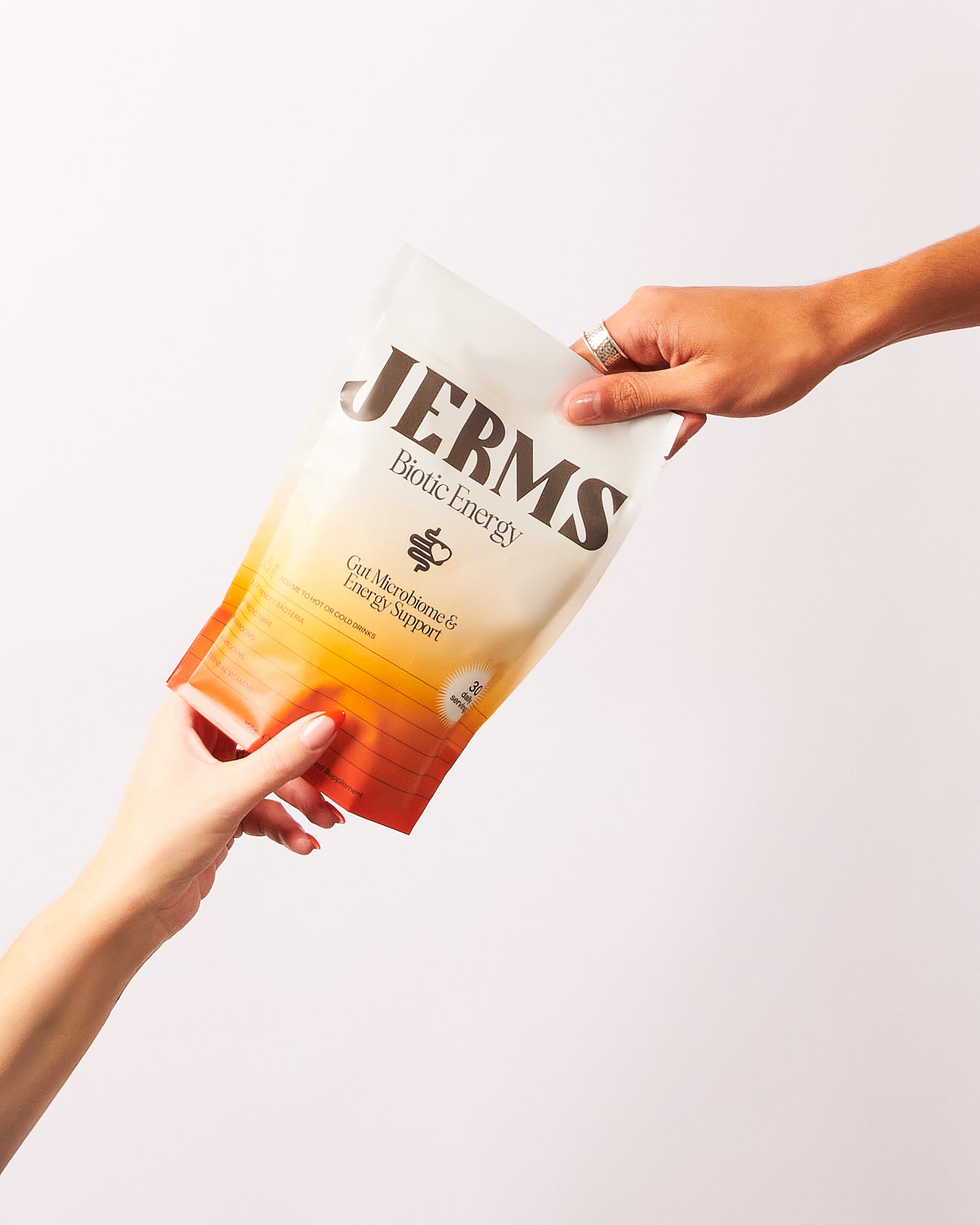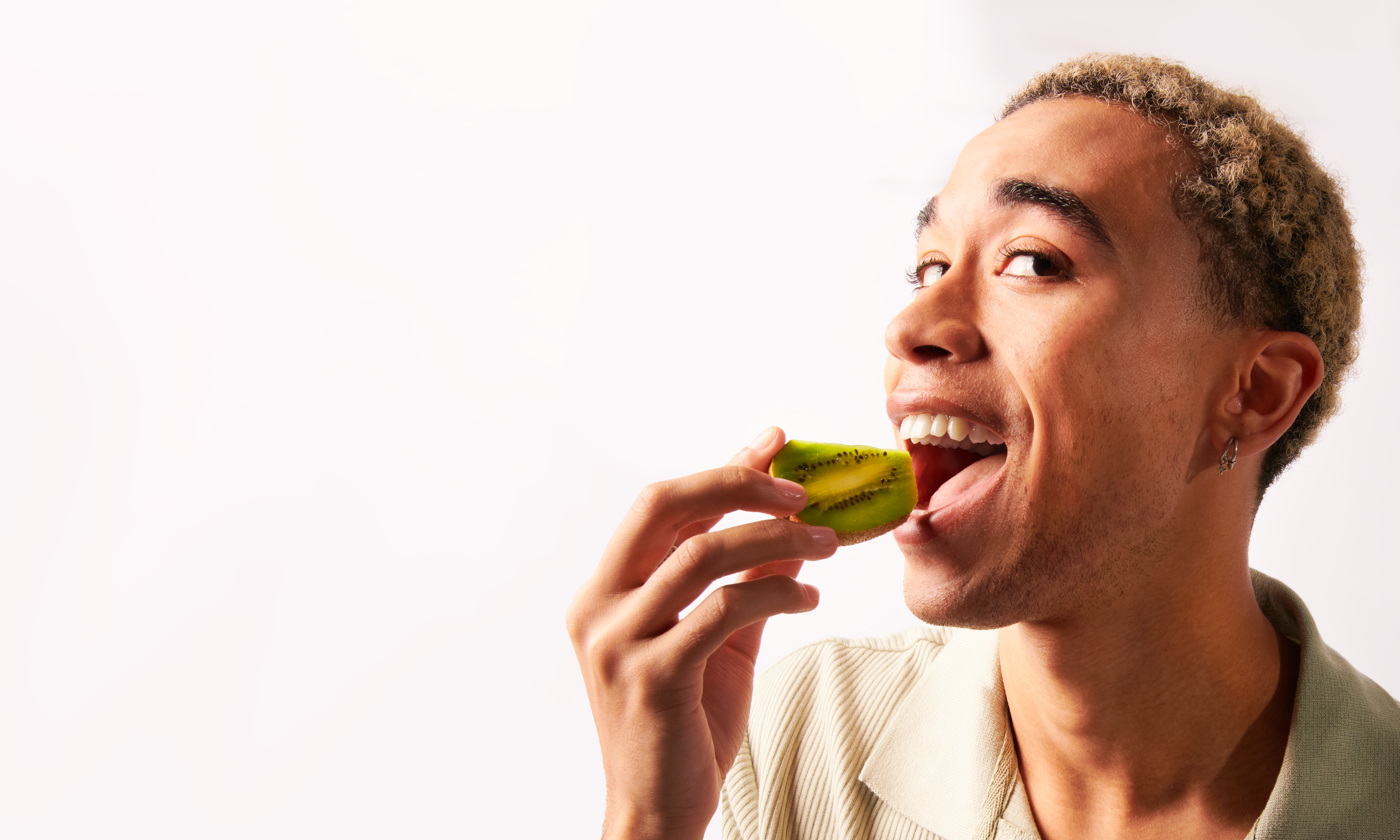Firstly, thank you for producing such an easily digestible (pun intended) and information rich book on an important topic that we’re very passionate about at JERMS: the relationship between gut health and psychological well-being. As a scientific journalist, what initially drew you to the subject of the gut microbiota and mental health?
In 2005, I was invited to Ohio to create a laboratory to produce prebiotics for humans and animals. Working with veterinarian Frank Pellegrini, we discovered that horses can get colonic ulcers. I believed that the cause was bacterial imbalance in their hindgut. We created a fecal blood test that allowed us to correlate those ulcers to poor performance. We try not to anthropomorphize, but these horses seemed depressed. In my research, I came across the work of Professor John F. Cryan and Dr. Ted Dinan of University College Cork. They were working on something called psychobiotics – bacteria that could improve mood as well as some antidepressants.
Believing that we were working on the same problem, I called them up. They had read some of my previous writings and we all thought it would make sense to write a book about psychobiotics. I visited them in Ireland and we sealed the deal over a meal of fish and champagne. I count myself as very lucky to meet these giants of research and to work with them on a book for lay people to learn about the amazing secrets of psychobiotics.
The book is called ‘The Psychobiotic Revolution’. Can you explain to us what the term ‘psychobiotic’ means and why it has the potential to revolutionize healthcare?
Psychobiotics include prebiotics and probiotics that improve gut function and lower inflammation that can lead to depression, anxiety and other mental issues. Via the gut-brain axis, these substances can help to address psychological stress and perhaps lower the need for harsh medicines that often have poor efficacy and nasty side effects.
Psychobiotics will likely not replace the current suite of psychological drugs, but they offer many patients a more holistic approach to dealing with depression and anxiety. They may also play a big role as adjuvants, used in combination with antidepressants and anxiolytics.
Merely recognizing that gut microbes can affect our mind, cognition and mood is a true revolution. The beauty is that the microbiota acts like another organ in our body – but one we have control over. Being able to take charge of our mental health via diet is a remarkable breakthrough.

How do you recognise a healthy microbiota (the community of microbes living in our guts)?
It turns out to be quite difficult to look at a microbiota and determine if it is healthy.
Unhealthy guts are easier to identify, as they are often dominated by one or two species, with much lower diversity. Researchers are starting to realize that diversity is the most important common factor in a good gut – as long as no one species dominates, the microbial communities are better balanced and more resilient to change.

Research suggests a strong connection between low microbiome diversity and modern Western diseases. Can you unpack a little why you think we’re seeing a surge in, for example, autoimmune diseases today?
The hygiene hypothesis says that our lives may actually be a little too clean. In 1989, Dr. David Strachan found that younger siblings had lower rates of eczema and asthma. He proposed that exposure of these youngsters to the microbes of their older siblings was teaching their immune systems to tolerate certain antigens. Studies of farm-raised Amish kids support this finding as well.
The Western world, however, is at war with germs, with antibacterial soaps and antibiotic overkill.
The impact of refined foods has added to our woes. By extracting fiber from our food – so-called refining – we have disturbed a deal we made with our microbes millennia ago to provide them with sustenance while they protect us from pathogens. As a consequence, beneficial bacteria are suppressed and pathogens bloom, leading to inflammation and the likelihood of autoimmune and other chronic diseases.
The book discusses how to reduce gut-based inflammation as a way to reclaim both physical and mental health. Can you discuss the role that gut inflammation plays in depression and anxiety?
Gut inflammation can lead to “leaky guts” – a loose term that means toxins and bacteria can escape the gut and invade the bloodstream.
No matter how beneficial microbes might be in the gut, they are nothing but trouble in the blood. Once there, the heart dutifully pumps them to every organ in the body. That includes the brain. Normally, the brain is effectively walled off from the messiness tolerated by the rest of the body by the blood-brain barrier (BBB).
But when inflammation becomes chronic, the BBB can break down, allowing those toxins and microbes to enter the brain. The immune system is then called upon to come to the rescue, but it is not subtle. There is a lot of collateral damage generated by the immune system as it hunts down microbes.
Stress triggers the release of cortisol, the flight-or-fight drug that is the body’s response to stress. Interestingly, cortisol diminishes the immune response, potentially causing a vicious cycle of increasing inflammation. The longer this goes on, the greater the anxiety and depression of the sufferer.
We have known about the effects of disease on our mental state since the days of Hippocrates. He described liver patients who became anxious and even angry, something we now know as hepatic encephalopathy. In at least some cases, it is caused by pathogenic microbes that produce ammonia. We also know one way to treat this microbial disease: antibiotics. Once treated, these patients can quickly regain their normal personalities.
In the book you explain how a good diet can keep your gut happy, increase your health span, and improve your mood, all at the same time. Is it that simple, can we really eat ourselves happy?
The evidence shows that excess sugar and diminished fiber in our diet is directly related to leaky gut syndrome, inflammation, and chronic disease – including mental disease. Dr. Dinan’s success treating depression and anxiety with psychobiotics is further evidence of the link between an unbalanced microbiota and mental disruptions.
It is hard to avoid the data showing that people consuming a Mediterranean diet are healthier and happier with high fiber and a wide diversity of foods. Fiber feeds beneficial bacteria which then produce butyrate, a short-chain fatty acid that nourishes and heals the gut. Butyrate can also penetrate the BBB where it can promote nerve growth, enhancing cognition and mood. All in all, eating a diet high in fibrous foods like onions, artichokes, asparagus and beans will make your gut healthier, lower inflammation and improve overall health, including mental health.

There’s been a recent realization that there may be no single, one-size-fits-all diet and that differential human responses to dietary inputs may rather be driven by unique host and microbiome features. What’s your opinion on tailored diets and what do you perceive as the main challenges in harnessing the potential of microbiome-informed personalized nutrition?
There are many variables involved in gut health: genes, early exposure, antibiotic use, culture, habits and many more. This makes it difficult to offer useful advice about specific microbes that may be good or bad. Instead, microbes like E. coli, Clostridia, and Streptococcus can be beneficial or pathogenic depending on the rest of their environment.
Eating fiber works regardless of your specific microbiota. For some people with active gut inflammation like IBD, fiber can cause discomfort and bloating, but for most people it’s a boon. The upshot is that we need to pay strict attention to what we eat, especially foods with fiber, and take note of what works. That complicates things short-term, but in the long run, a diverse microbiota from eating a varied and fiber-rich diet will be excellent for your health.
Can you tell us something that even you were surprised to learn about the gut microbiota when you were writing this book?
The concept that invisible gut microbes can produce neurotransmitters that are identical to those used by our own brains is mind-boggling.
But extending this idea leads to some amazing theories. Microbes can use this leverage to affect our cravings. This same power can shape our personalities. Microbes may affect who we choose as partners, and an extension of that idea is that microbes may even affect speciation. Some of these ideas are more speculative than others, but the implications are staggering. Microbes play a much larger role in the advance and shape of humanity than we ever thought possible!
What is your hope for the future of microbiome research? Are there any other particular areas you’re personally excited to dig deeper into?
There are so many spin-offs from microbial research! Realizing that microbes can have a powerful effect on our health, our personalities and even our civilization is sobering and empowering. I look forward to future microbial therapies that can treat our epidemic of depression, obesity, diabetes, heart ailments, mental problems and other chronic diseases.
I also expect to find ways to deal with antibiotic resistance, which threatens to undo a century of “miracle” cures for infection. The answer may involve phages, which are viruses that live off (and in) bacteria. The exploration of viruses continues our exploration of the microbiota and is poised for a renaissance. It also bodes well for new solutions for plagues like the coronavirus.
Researchers are learning how to turn bacteria into tiny “doctors” that can analyze their surroundings and then make decisions about which medicines they can release to treat disease. This sounds like sci-fi, but is already up and running in laboratories today.
Scott’s book the Psychobiotic Revolution: Mood, Food and the New Science of the Gut-Brain Connection is available on Amazon






